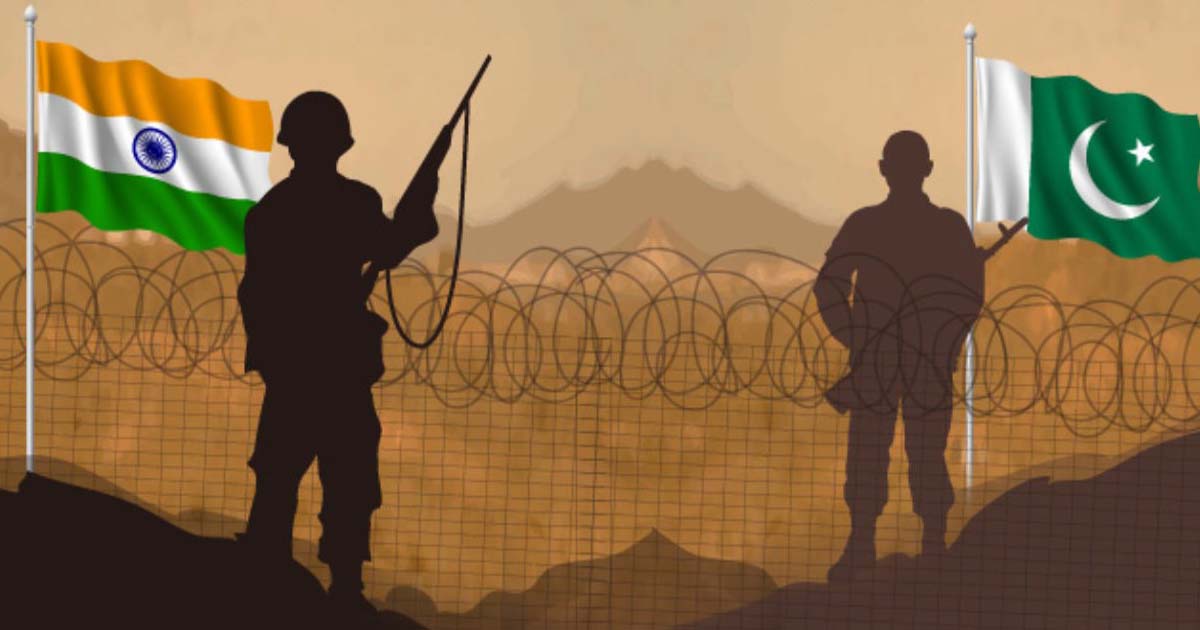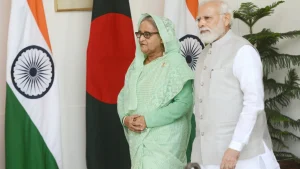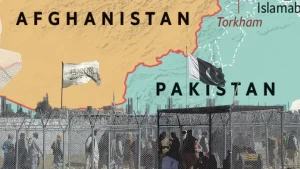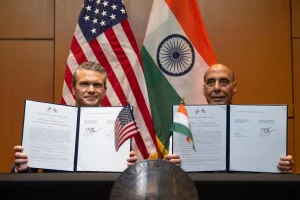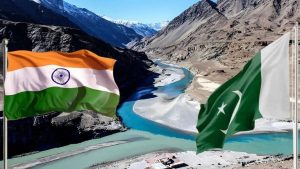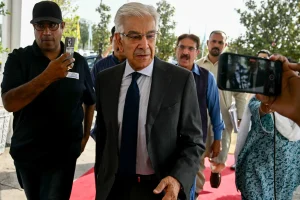The demand by Bangladesh Foreign Ministry for India to extradite Sheikh Hasina, convicted in absentia by International Crimes Tribunal-Bangladesh (ICT-BD) for crimes against humanity during last year’s crackdown on student protests, sharpens regional tensions and sets a precedent for how political upheavals may be weaponized through judicial proceedings.
Following the verdict, Bangladesh’s Foreign Ministry stated that India bears an “obligatory responsibility” under the 2013 bilateral extradition treaty to support the return of the former prime minister. The ministry described India’s continued hosting of Hasina as a “grave act of unfriendly behaviour” and argued that granting asylum to individuals convicted of crimes against humanity constitutes a “travesty of justice.”
India’s Foreign Ministry has merely said it has “noted” the ruling, offering no comment on the likelihood of extradition. According to the Bangladeshi daily Prothom Alo, Dhaka has submitted at least three extradition requests related to the case so far.
India faces a dilemma: extraditing a former ally could damage its international reputation, signal abandonment of past friends, and erode trust among allies.
For Pakistan, the flashpoint offers both cautionary lessons and strategic opportunity. First, it warns of how volatile internal politics, especially a sudden turnover or uprising, can destabilize regional alignments. Leaders sheltered abroad today may find themselves convicted tomorrow; Islamabad must account for how rapidly allegiances can shift. Second, as Bangladesh and India’s ties strain, Pakistan could see openings to deepen ties with Dhaka (diplomatic, economic, or otherwise), especially if Bangladesh seeks to pivot toward alternate regional partnerships. Finally, this episode underscores the fragility of asylum or refuge in South Asia, a factor that should inform Pakistan’s own calculus when offering sanctuary or hosting exiled politicians.
In short, the Hasina extradition saga is more than a bilateral dispute; it is a test of South Asia’s political-legal norms and power balance. For Pakistan, the events should prompt both strategic caution and attentiveness to evolving regional fault lines.



